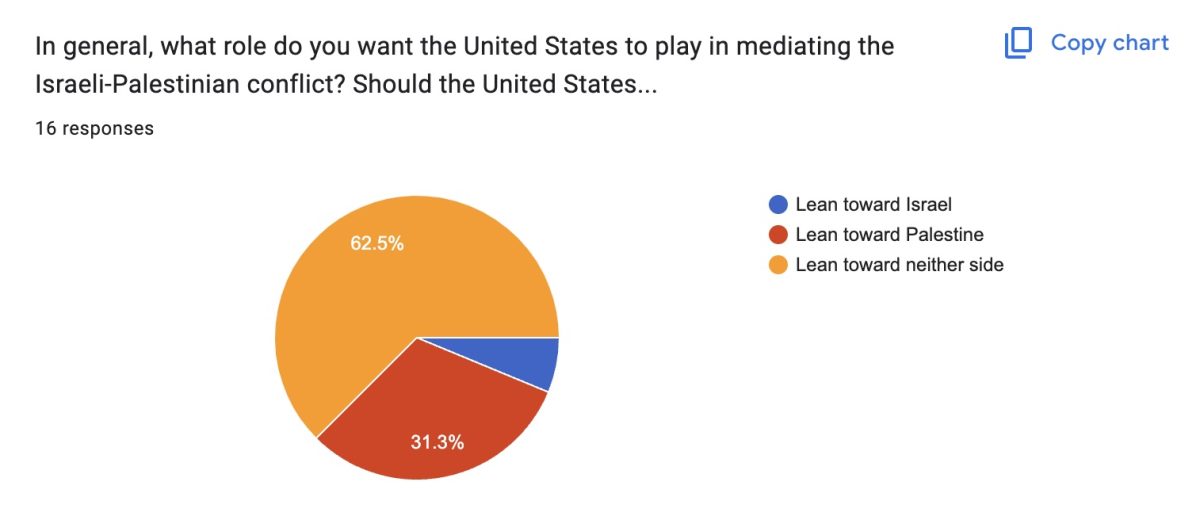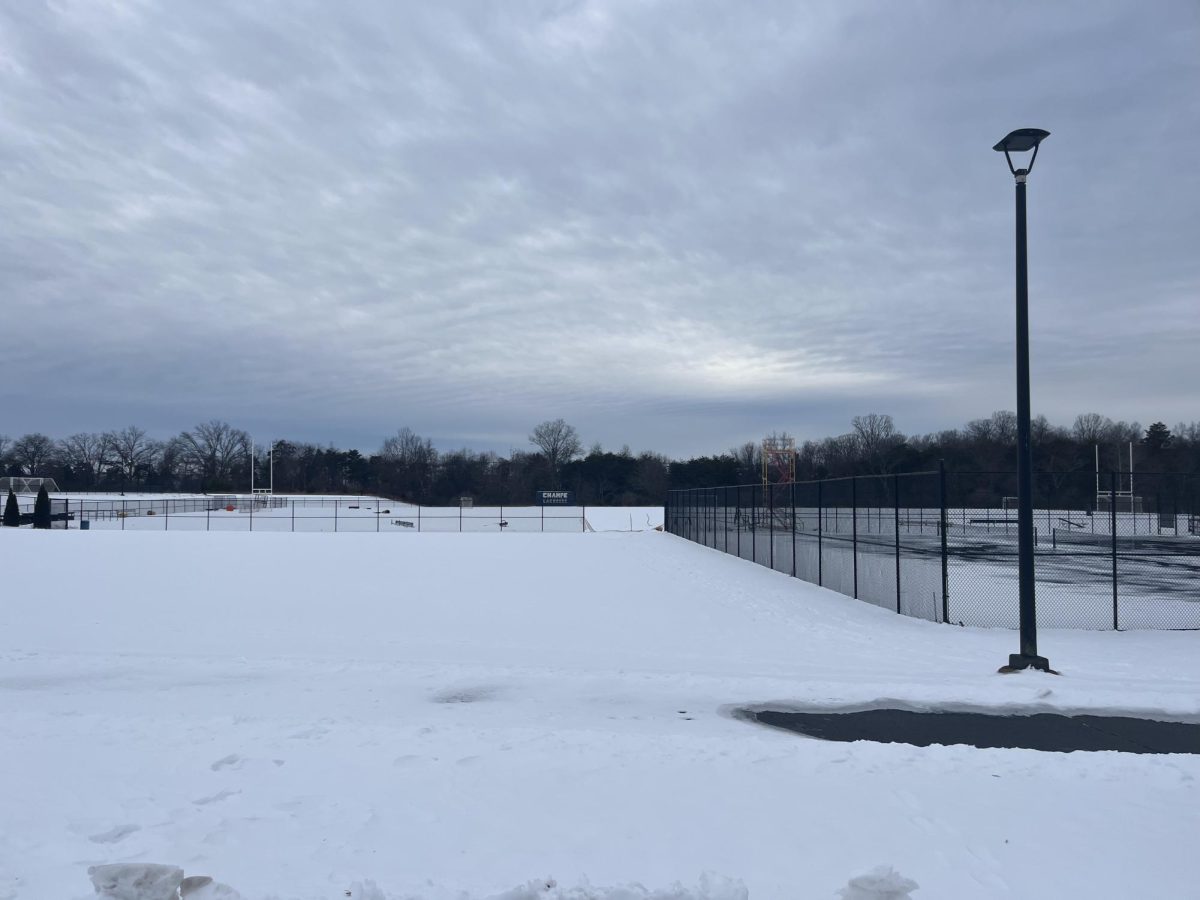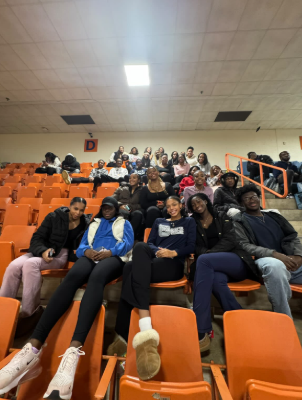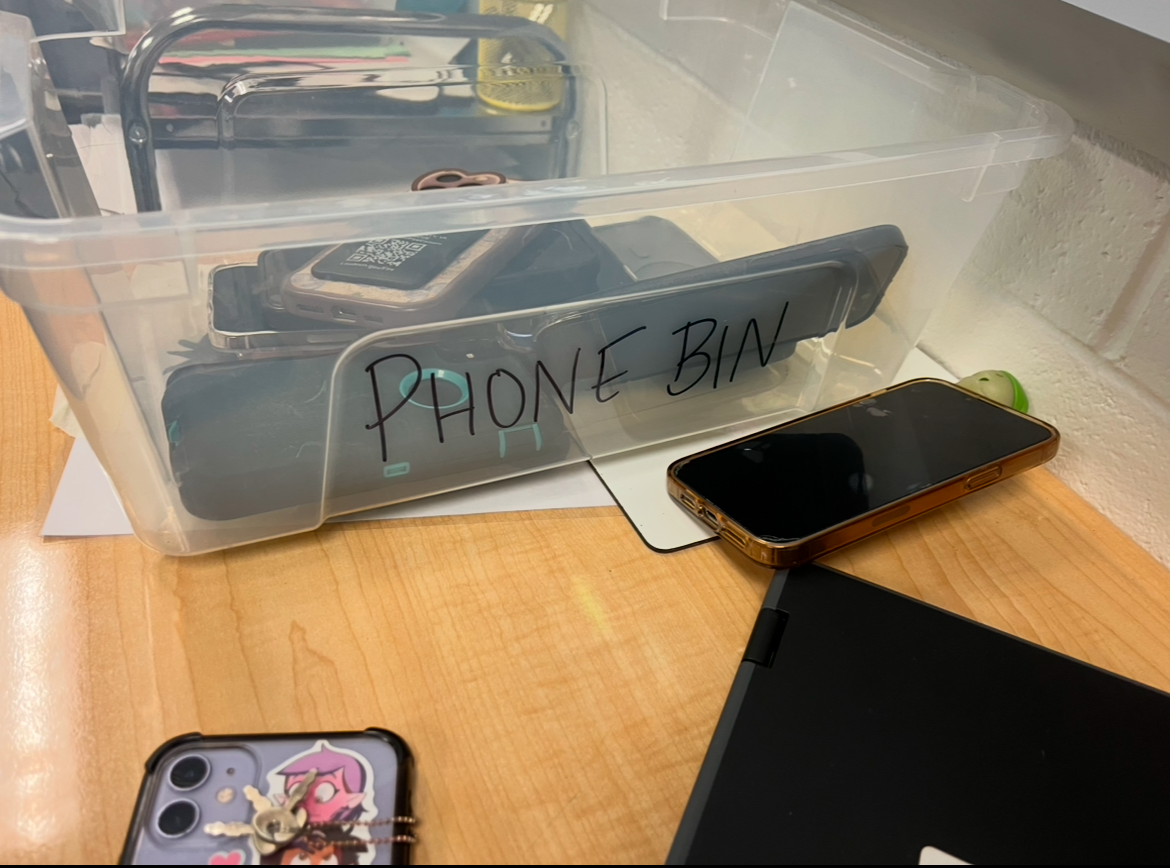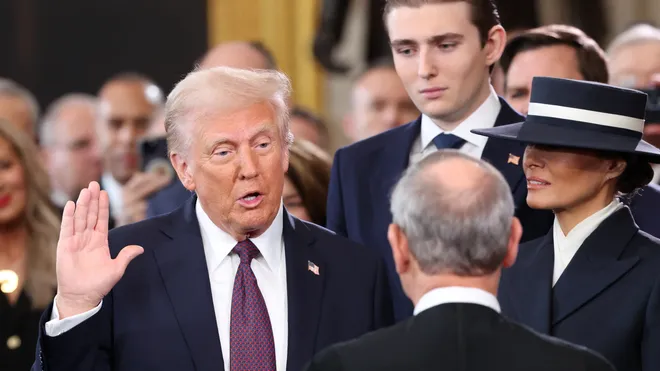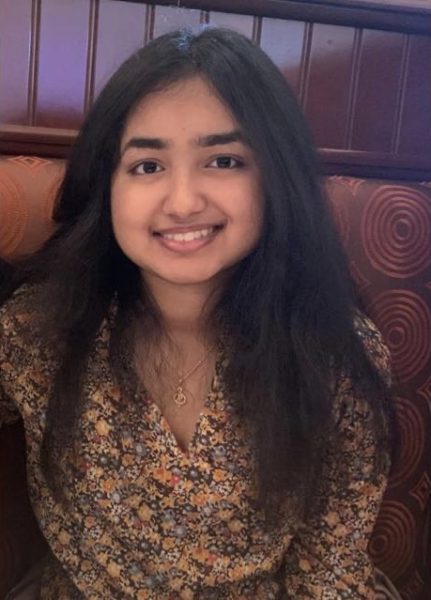The relationship between media politics and the youth has never been more influential. However, there are concerns about the impact of the media on democracy and political polarization in the United States.
Misinformation, a pervasive issue in the digital information age, has the potential to significantly alter public perception. The rapid spread of unfounded claims, such as those related to COVID-19 treatments, has led to misguided decisions and tragic consequences for those who accept such falsehoods at face value.
“This [misinformation] underscores the urgent need for media literacy and critical thinking,” senior and avid member of student government Srija Doma said, “which is needed to combat the dissemination of false information.”
One key example would be the Black Lives Matter (BLM) movement which exemplifies how the media can influence public opinion and exacerbate polarization. Media outlets often depict BLM in polarized terms, presenting it either as a vital call for justice or as a threat to law and order.
“This one-dimensional portrayal fails to capture the complexity of the movement,” an anonymous Champe student said, “and highlights the dangers of accepting media narratives uncritically.”
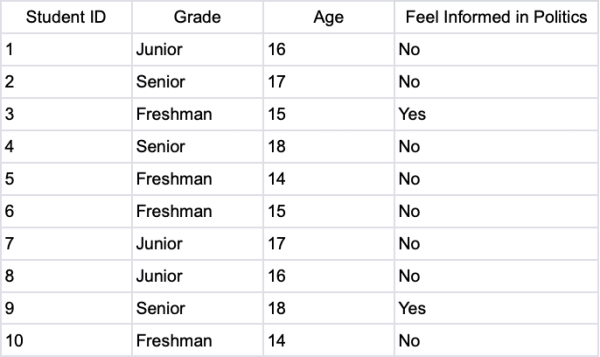
(Shreya Manoj)
The role of the youth in contemporary politics cannot be overstated. Young people’s influence in politics has surged, primarily due to the advent of the digital age. Social media platforms provide a potent avenue for young voices to express their opinions and mobilize for change. Nevertheless, the way in which these opinions are articulated is often criticized for its idealism and impatience, and sometimes lacks nuance. While social media activism can raise awareness, it may not always lead to tangible, sustainable change, underscoring the importance of combining passion with informed, constructive action.
Polarization in the United States, as in other countries, poses a significant threat to democracy. It occurs when political leaders capitalize on real grievances and divisive issues, exacerbating fears and anxieties within the electorate. In a deeply polarized climate, the “us” versus “them” dynamic becomes entrenched, and each side views the other as a mortal enemy. Severe polarization rewards extreme positions and weakens centrist moderates, leaving the center ground barren and promoting political gridlock or even violence.
The resolution of polarization requires multifaceted efforts. Firstly, it necessitates a shift in the rhetoric and tactics employed by political leaders to avoid casting opponents as immoral or corrupt. Secondly, the political opposition must resist the temptation to respond with similar divisive tactics, instead promoting a positive, unifying message. Finally, addressing the underlying issues that fuel polarization, such as unresolved debates over national identity and citizenship rights, is crucial. Without tackling these rifts, polarization is likely to persist and cause further harm to democracy.
At John Champe High School, students have a unique opportunity to actively engage in democracy and become informed, responsible citizens in many ways. The student government encourages students to register to vote as they become eligible. Student-led initiatives to organize voter registration drives and provide information on the importance of civic participation. Students at Champe are regularly involved in voting for class council to initiate changes.
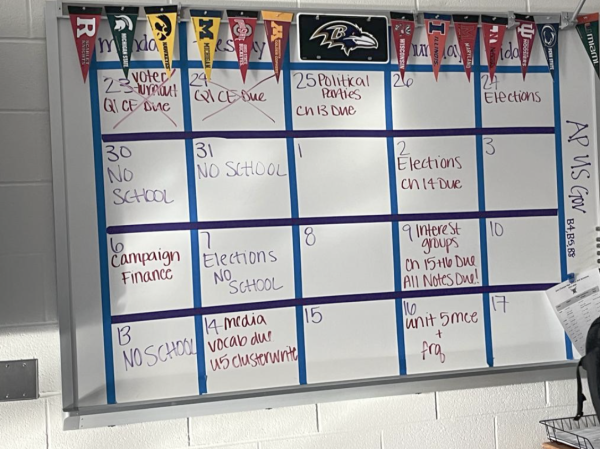
(Shreya Manoj)
“Student government has always been a way for Champe students to experience democracy, ” class of 2024 secretary Menal Qureshi said. “It is a dip into the real world of politics and free speech.”
Another engagement in democracy is the forming of civics clubs or debate teams provides a platform for students to discuss and debate important issues, fostering critical thinking and civic awareness. Clubs such as the Youth Solidarity Union foster meaningful discussions and interaction with activism and politics.
“The Youth Solidarity Union is a new club this year,” an anonymous sophomore said. “It encourages open and clear discussion about politics and real world issues.”
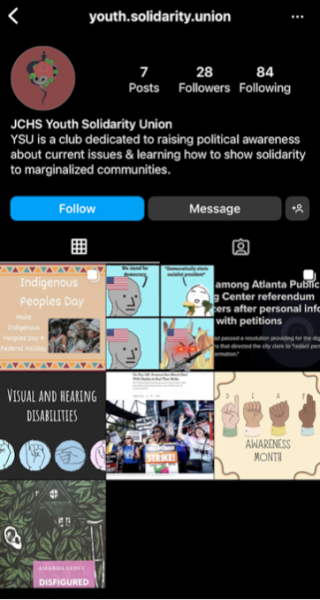
(youth.solidarity.union)
In this media-driven landscape, we must prioritize media literacy, critical thinking, and the responsible use of information. Rather than accepting information at face value, citizens should actively seek diverse perspectives, evaluate sources rigorously, and engage in constructive dialogue. In sum, as the digital age continues to shape our society, the responsibility to engage with media critically and constructively becomes paramount. The future of our democracy depends on our collective ability to navigate the intricacies of information, politics, and polarization. As John Champe High School students embrace their role in society, they will not only enrich their own lives but also strengthen the foundation of our democracy.
“The complex issues facing society and politics require thoughtful consideration and nuanced understanding,” Doma said. “Moreover, it is essential to harness the energy of the youth to effect meaningful, sustainable change while providing them with the tools and knowledge to navigate the complexities of contemporary politics.”


